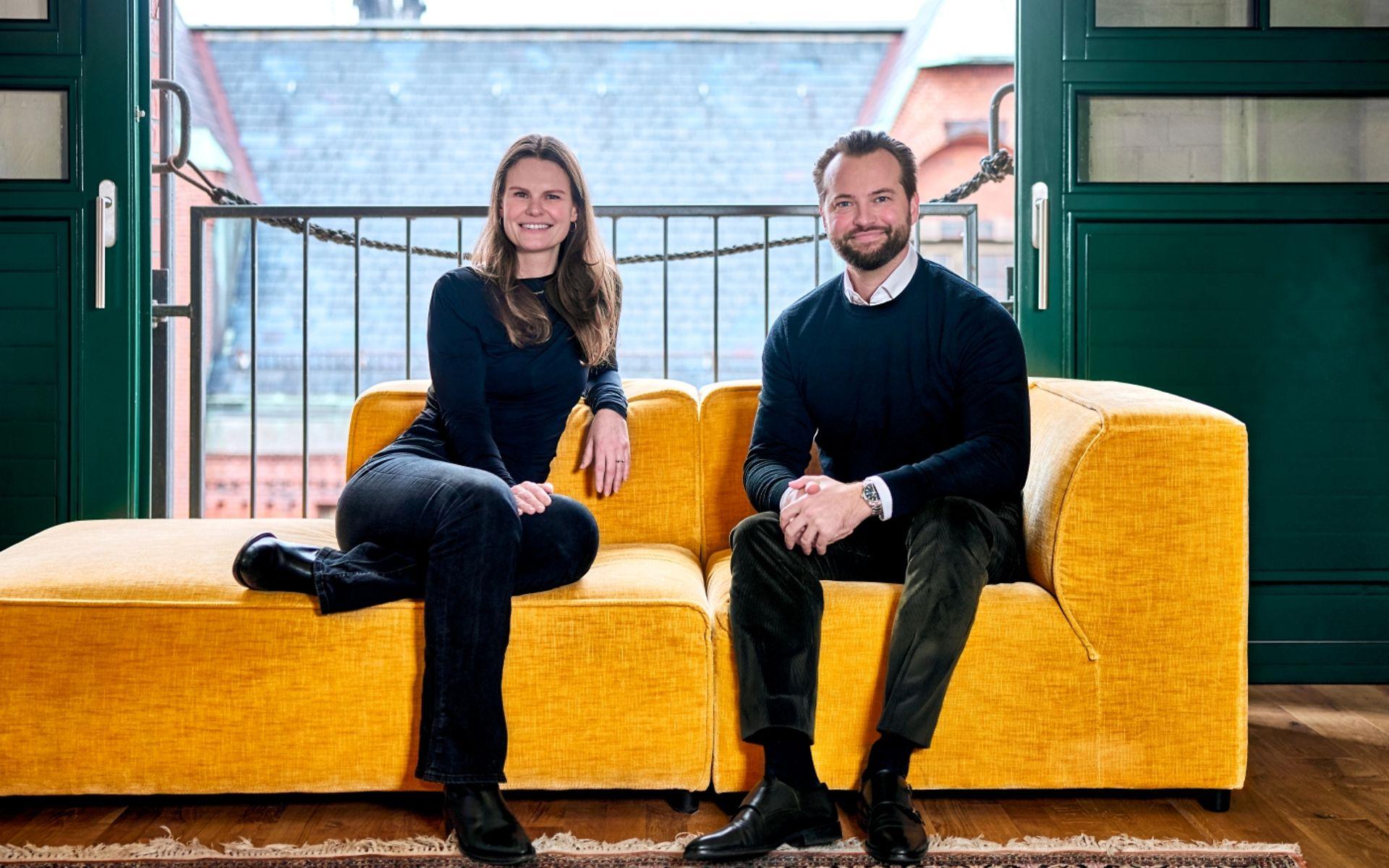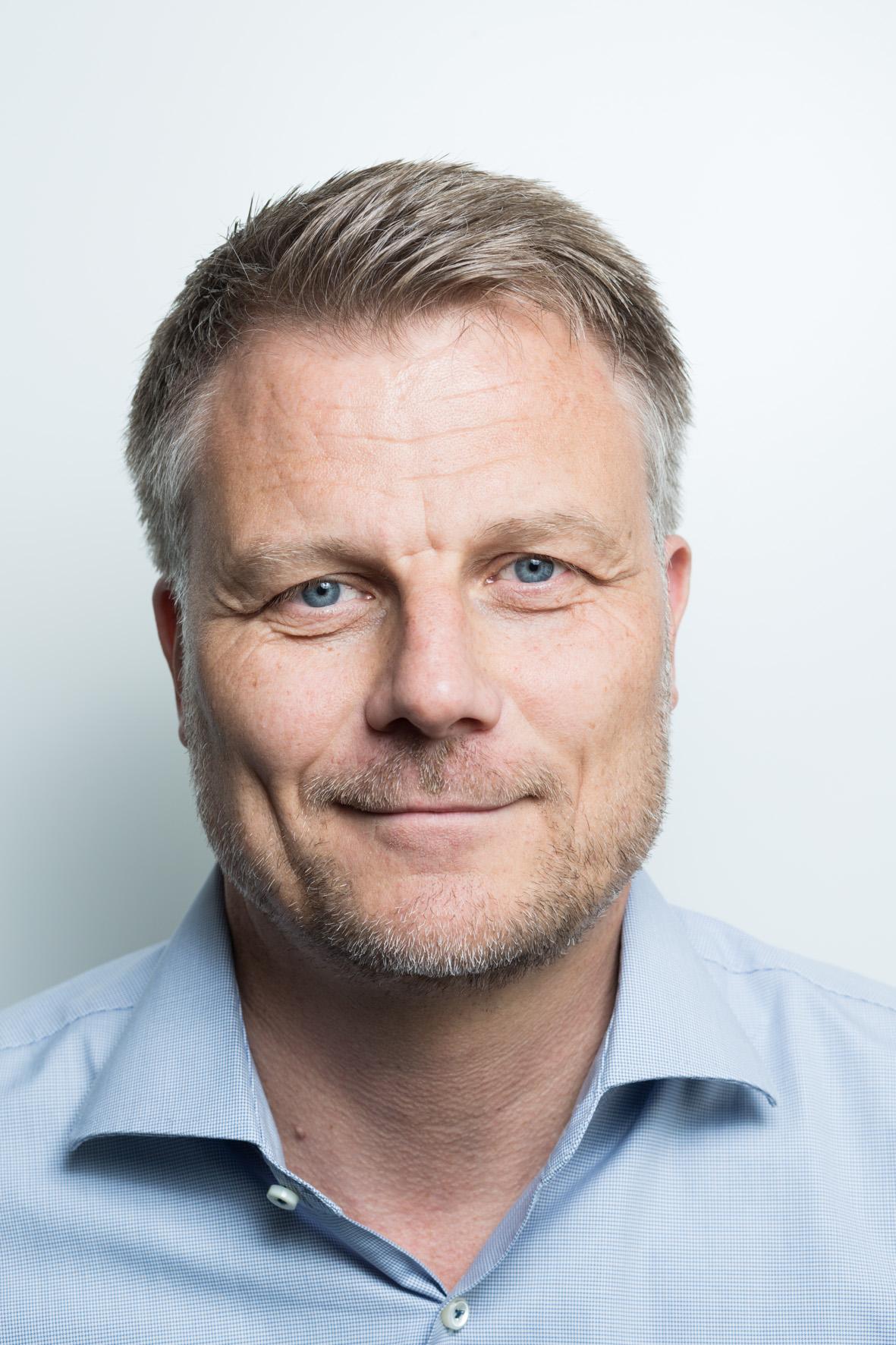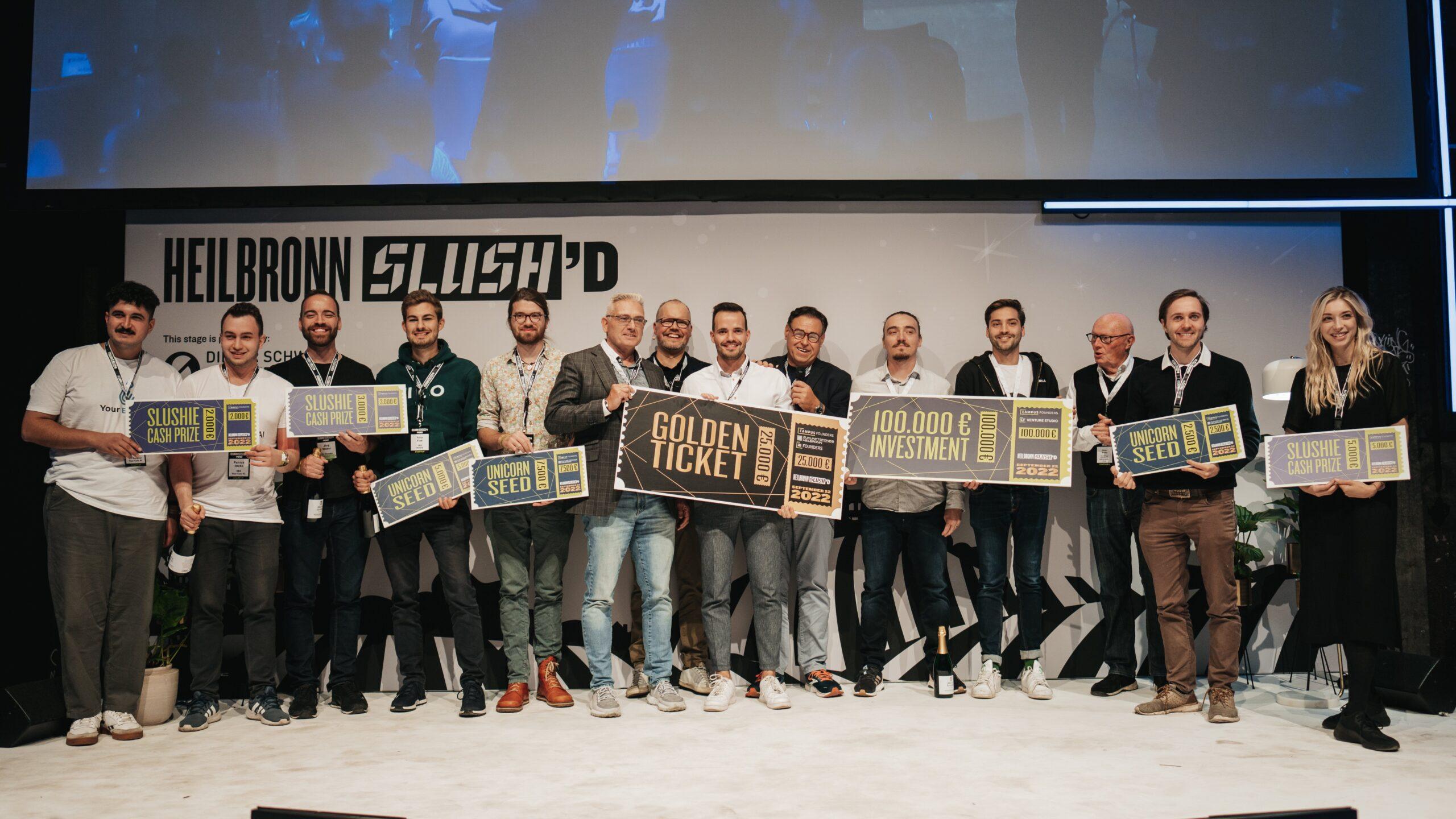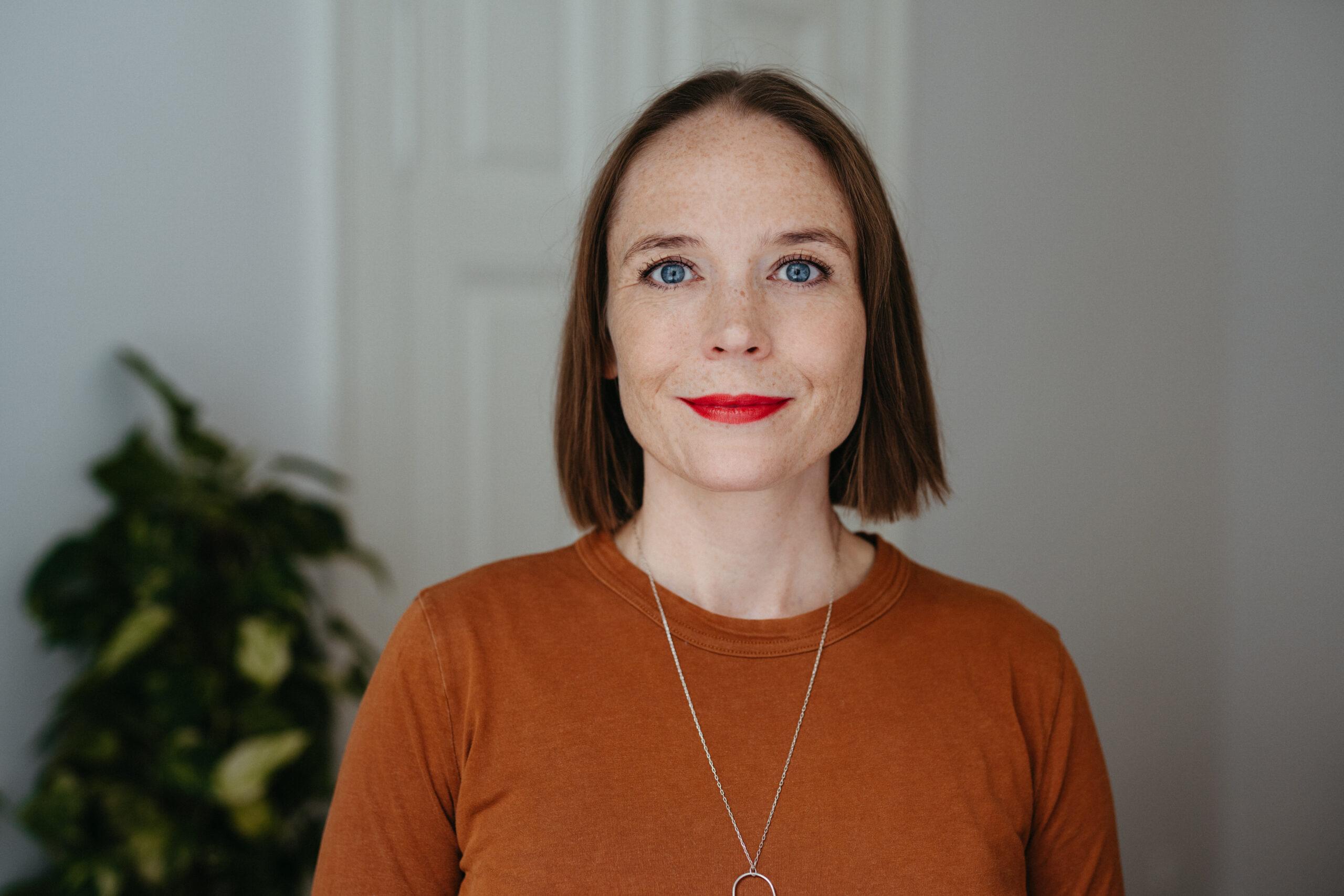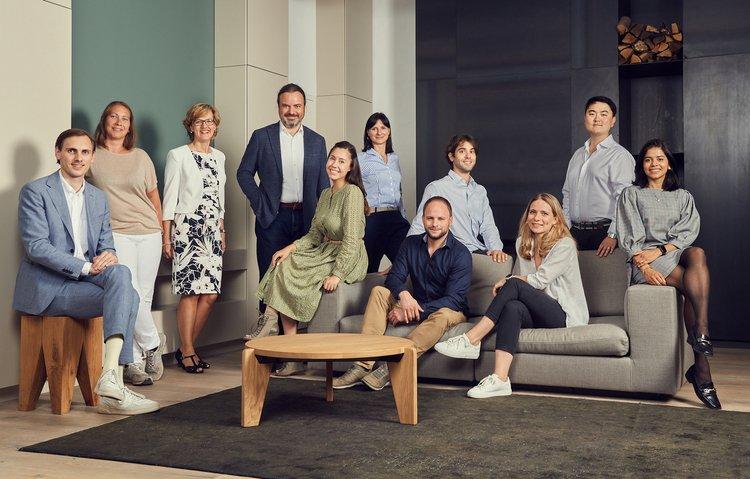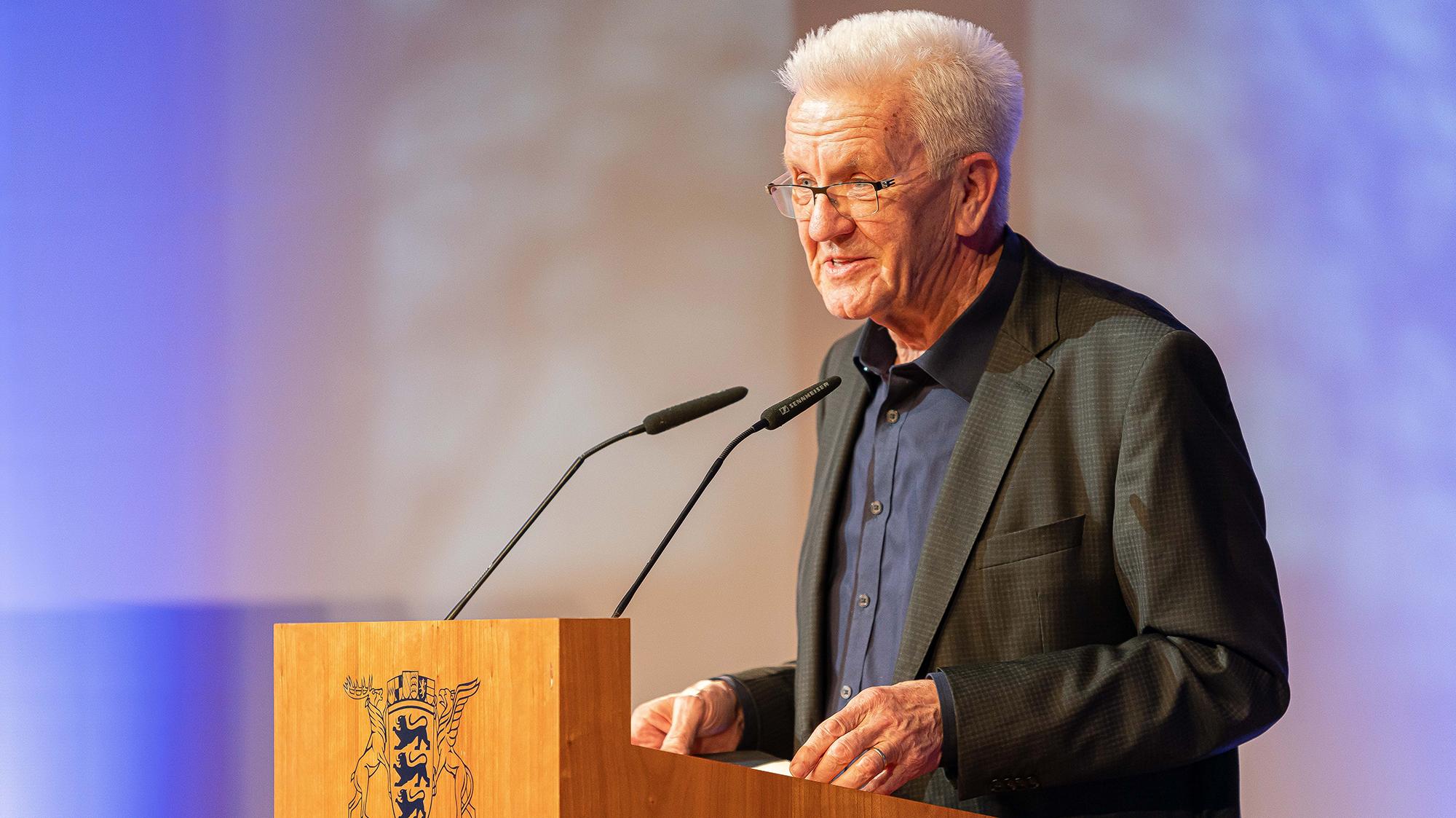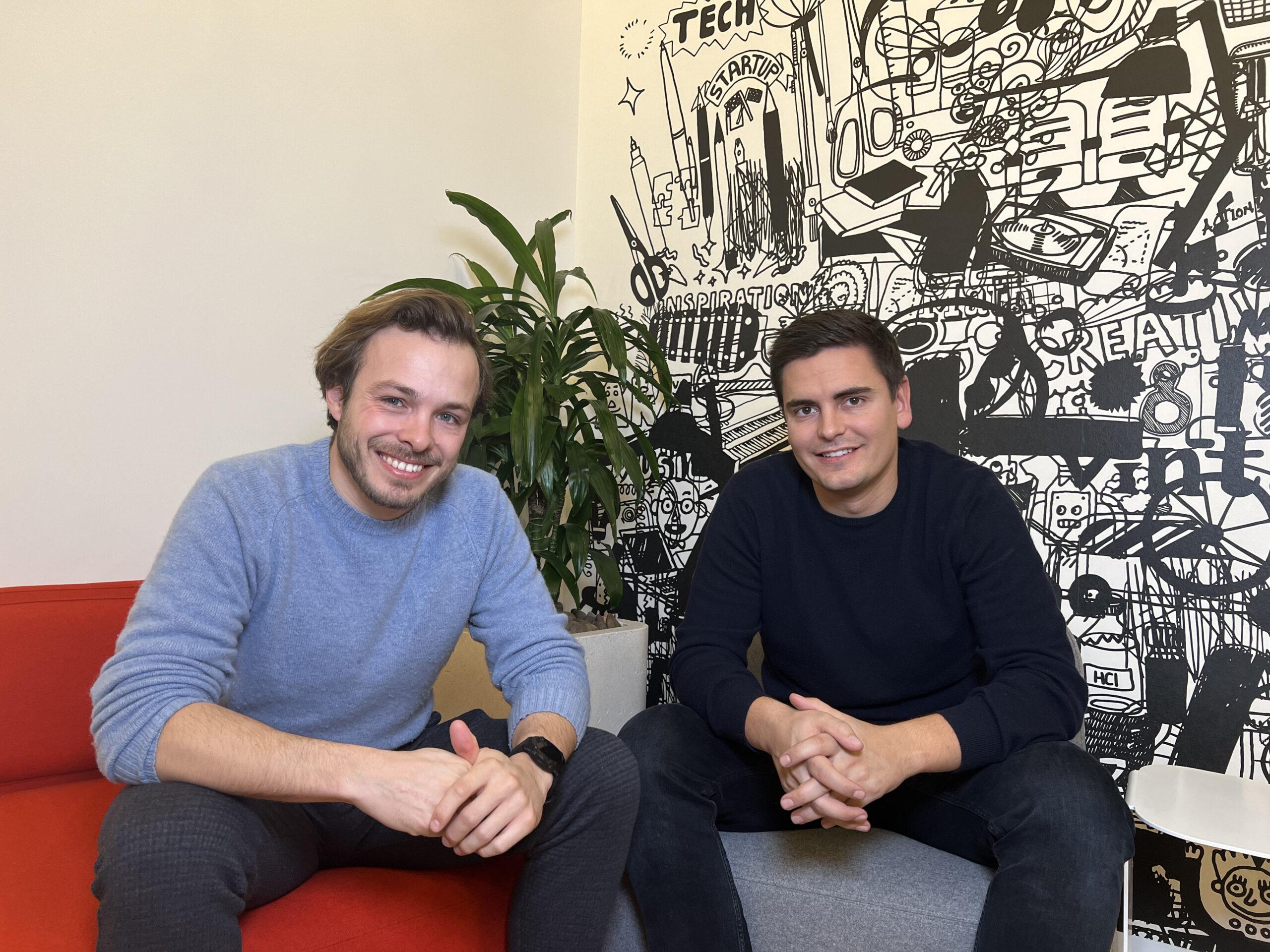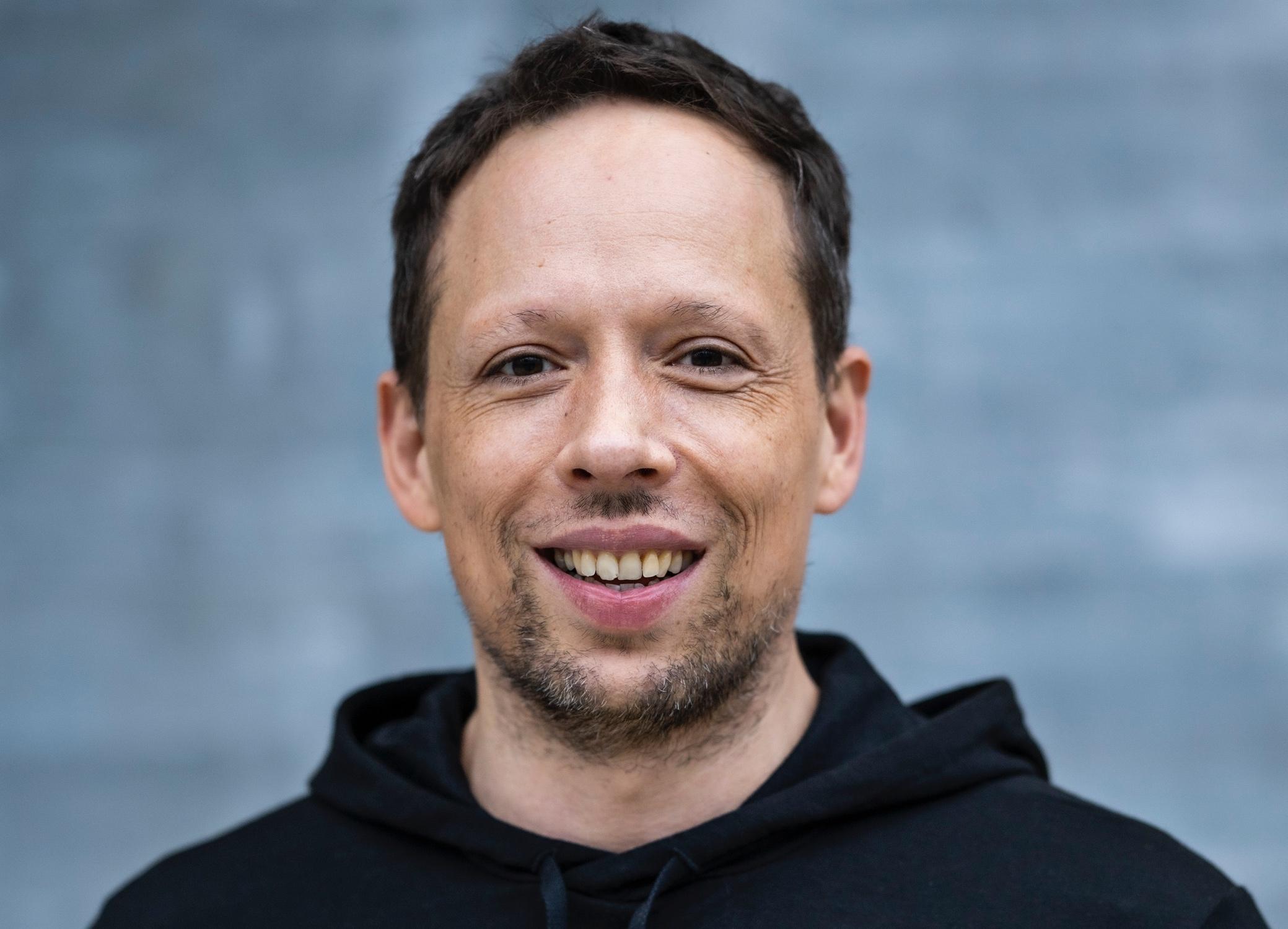"Someone has to be in charge - and when in doubt, we prefer it to be us"
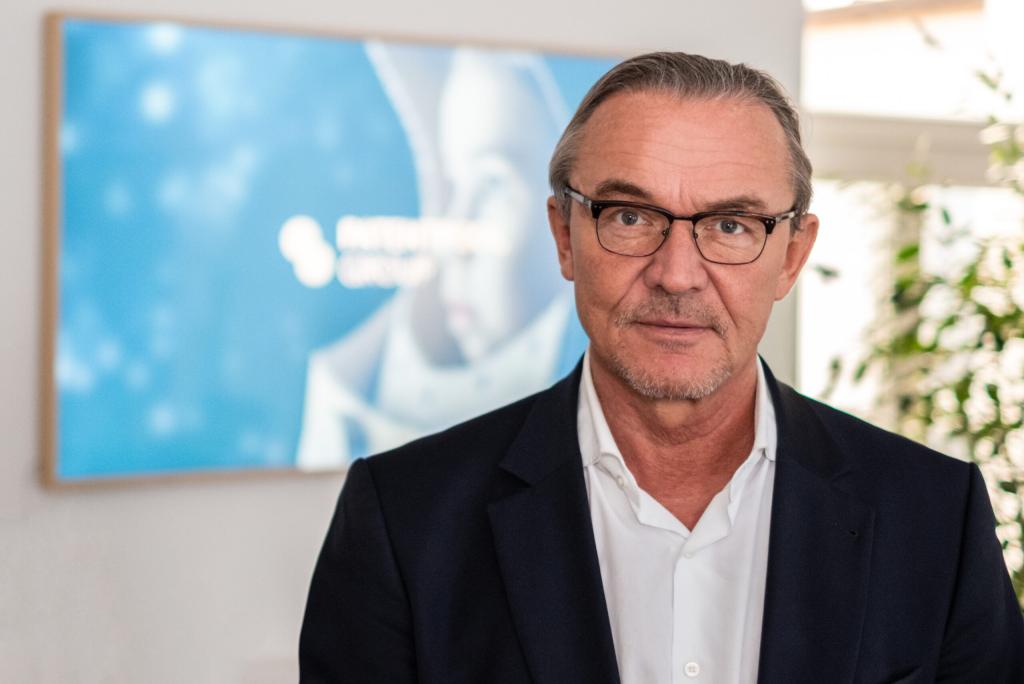
Heiner Pollert has been setting up technology companies and registering patents with Patentpool for over 20 years. In this interview, he explains when he invests and what advantages patent law can offer.
Although Heiner Pollert studied law, he first worked in the film industry. In 1997, when Internet companies were just springing up, many founders quickly became very rich and then lost all their money again, Pollert set up Patentpool. With his company, he supports founders who develop a technology for which a patent can be registered. In return, however, they have to transfer the decision-making power to him.
Mr. Pollert, what exactly do you want to be with Patentpool? Early-stage investor or company builder?
We are most likely a hybrid: we give money and help build the company as a shareholder from the very beginning. Ideally, we invest in basic technologies in the early phase: we then work out a business plan with the so-called "innovation provider", jointly establish a capital company and apply for comprehensive industrial property rights, especially patents, for the technology. The decisive criterion for us is that the idea must be patentable.
Why is patentability the decisive criterion for you?
Because otherwise the risk of an investment is too great for us. You can have such a good idea. If you don't protect it, there will always be someone who will copy it - and who may have more money at their disposal or a better distribution channel. Patent law is a powerful protection against this. A registered patent is very reassuring.
What exactly does Patentpool support look like?
If we are really attracted to an idea, a technology or a project and we can well imagine putting our capital and heart and soul into it, we first examine the project very carefully - looking at all economic, legal, tax, financial, technical and patent law aspects. If this examination reveals a promising risk profile, we suggest that the innovator(s) set up the company together with us. From this point onwards, we usually take over the commercial work so that our new partner can concentrate fully on the technical realization, i.e. driving the idea forward.
How much money do you usually invest?
There is no rule: every project is unique. Some ventures get by for a long time with a small burn rate, others need half a million euros a month in the prime of their development. Anything within this framework is possible.
Not every founder reinvents the wheel. How do you find your investments?
We see around 3,000 ideas or projects per year. We've been around since 1998, so it's not at all difficult for us to find new investment targets. We wouldn't be afraid of five other patent pools as competitors either. Because there are not many addresses that founders can come to at such an early stage. We work together with universities and, as Chairman of the German Institute for Inventions (DIE e.V.), I am also in regular contact with CTOs from SMEs.
So you wouldn't invest in the sixth fintech or the fifth dating app.
Only if there was such a unique investment in this area that could be protected by patent law. But I think that's rather unlikely. We pay very close attention to the market situation: at best, we are the only player in the field - or have such a good market position that offers us and our investors good prospects of success.
Many start-ups fail early on, why do you think that is?
Many founders waste too much time on trivialities. If they get a lot of money early on, they look around for offices, buy a BMW 5 Series, buy a telephone system, hire a secretary and so on. All of this takes up an insane amount of time and the money is misspent. Founders should concentrate fully on developing their prototype. That's why we say: For 20 start-ups, one bookkeeper is enough, and usually also one commercial manager and one telephone system.
If you found a company together, you like to hold 51 percent of the shares as a patent pool. Why is that?
That is simply the structure of German company law. If you want to provide the managing director to manage the company's fortunes, you also need a majority stake in the company. However, this 51 percent rule only applies to some of our projects. In these cases, we were and are involved at such an early stage that we believe it is absolutely legitimate to aim for this distribution - especially as we provide all of the capital for the company's development. Our investors are therefore also entitled to have this one percent more.
But you could also just take over 49 percent of the shares. Why are you patronizing founders so early on?
We do that all the time. In other cases, if we put our own money into building up a company, we have to make sure that the managing director doesn't say: I don't like driving a BMW 5 Series, I'd rather drive a Bentley. We don't want to risk such a decision. And I think everyone understands that. We haven't yet received a storm of indignation from founders. That's because we stick to what's in the business plan. Incidentally, a three-quarters majority would also be required to change the purpose of the company. So that's not an issue. We don't surprise the founder, but we can force them to stick to what they have agreed. Someone has to be in charge - and in case of doubt, it's better to be us.
How high do you estimate your success rate to be?
On the one hand, success should be calculated in terms of returns, and on the other hand in terms of how many projects we have led to success. Returns are paid out on successful projects - i.e. on an exit: this should be worthwhile for anyone who recognized the potential of a good technology early on and had the courage to invest. Silicon Valley shows a 1-to-10 ratio, which is increasing worldwide for tech start-ups. We can write a 1-to-4 ratio with varying returns.
Personal details: Heiner Pollert studied in Munich and wrote his doctoral thesis in the field of intellectual property/copyright law. After a short career in the film business, he founded the Patentpool Group in 1998 with the aim of finding, promoting and marketing patentable technologies. He has also been Chairman of the German Institute for Inventions since 2009.

Newsletter
Startups, stories and stats from the German startup ecosystem straight to your inbox. Subscribe with 2 clicks. Noice.
LinkedIn ConnectFYI: English edition available
Hello my friend, have you been stranded on the German edition of Startbase? At least your browser tells us, that you do not speak German - so maybe you would like to switch to the English edition instead?
FYI: Deutsche Edition verfügbar
Hallo mein Freund, du befindest dich auf der Englischen Edition der Startbase und laut deinem Browser sprichst du eigentlich auch Deutsch. Magst du die Sprache wechseln?
